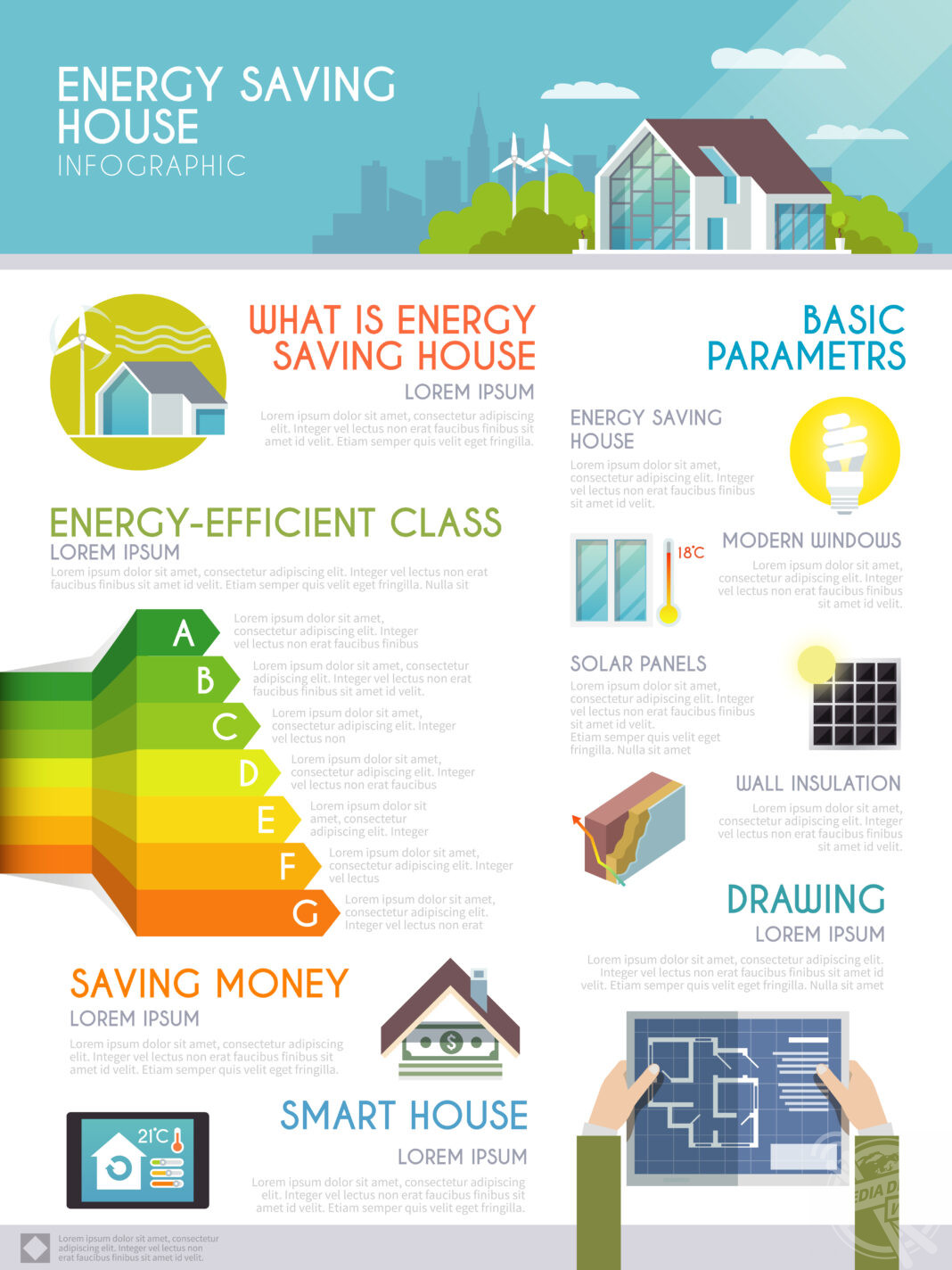We contribute to protecting the environment when we use less energy. According to the environmental protection agency, nearly half of all the energy used in buildings in developed and developing countries is consumed by the commercial and residential sectors. Energy efficiency and climate change are undoubtedly key factors in reducing climate change and safeguarding the environment.
Emissions of greenhouse gases are produced when fuels (gas, coal, and petroleum) are burned by power plants to create electricity. Power plants need to produce less electricity as a result of one’s commitment to reduce energy consumption, which will result in less xarbon emissions.
A greener planet has become an achievable goal thanks to energy-efficient buildings and residences. Using less energy results in less demand for fossil fuels. Which in turn results in less co2 in the atmosphere.
Support in Limiting Climate Change
Heat waves, droughts, rising sea levels, unusual weather patterns, and a heightened probability of natural disasters are all effects of climate change. Small actions like cutting back on single-use plastics and installing lower-pressure water systems can make a significant difference. Purchasing goods with little packaging, composting half of one household waste, reusing bottles as well as plastic bags, and simply adjusting one home’s cooling and heating systems while one is away during the day or sleeping at night can all help reduce emissions from fossil fuels and protect our ecosystems.
Effect of Climate Change on Energy Sectors
The impacts of energy efficiency and climate change are more severe among poor as well as low-income populations, because a lot of these people live just on the margins of the community, in unstable buildings, and in regions more vulnerable to flooding, landslides, as well as seismic activity. This is because they lack the resources, capacity, and access to crisis response systems that wealthy communities do. This is significantly more obvious in underdeveloped nations.
Energy efficiency and Climate change are related to pollution, which is typically seen as an urban landscape byproduct. Fossil fuel combustion raises CO2 emissions, which contribute to global warming and exacerbate both climate crisis as well as air pollution.
Importance of Energy Saving In the Environment
It’s normal to wonder precisely how the electricity use in your home affects greenhouse gas (GHG) emissions. In comparison to the simple fossil fuel combustion that takes place when we drive, we sometimes are not aware of the emissions that result from our regular use of electricity.
The majority of energy produced in the developing world today is produced in thermal plants, which heat water and create steam by using nuclear fuel, bio-fuels, or energy sources like coal and natural gas.
The power is then sent into the utility system after the steam rotates a turbine to create it. Burning fossil fuels for power also results in emissions of greenhouse gases that cause global warming.
Net-Zero Energy Production and Energy Efficiency
Energy efficiency as well as infrastructure upkeep will be crucial in the drive towards a net-zero carbon society, on par with the development of rural projects for renewable energy.
According to estimates, nearly one-third of the energy used in commercial and residential buildings in developing countries is lost due to inefficient air conditioning systems, poorly insulated structures, and lights left on in empty rooms.
Energy-efficiency improvements can lower the electricity demand and enable the early retirement of residual coal as well as fossil fuel plants.
Future Aspects of Energy Efficiency and Climate Change
People are now environmentally aware and they are specific about the source of energy and electricity they are using. For this, there should a proper knowledge and for more assistance and guidance you can consult an expert for professional guidance on such topics.










